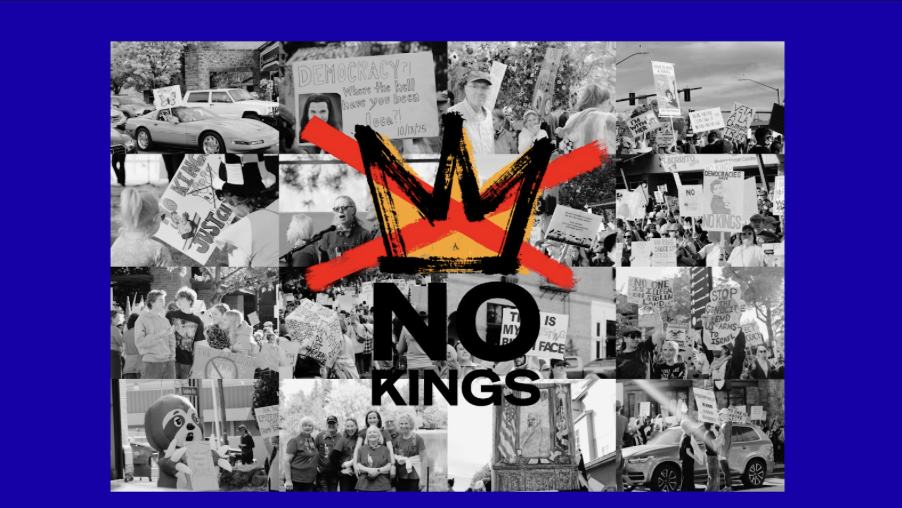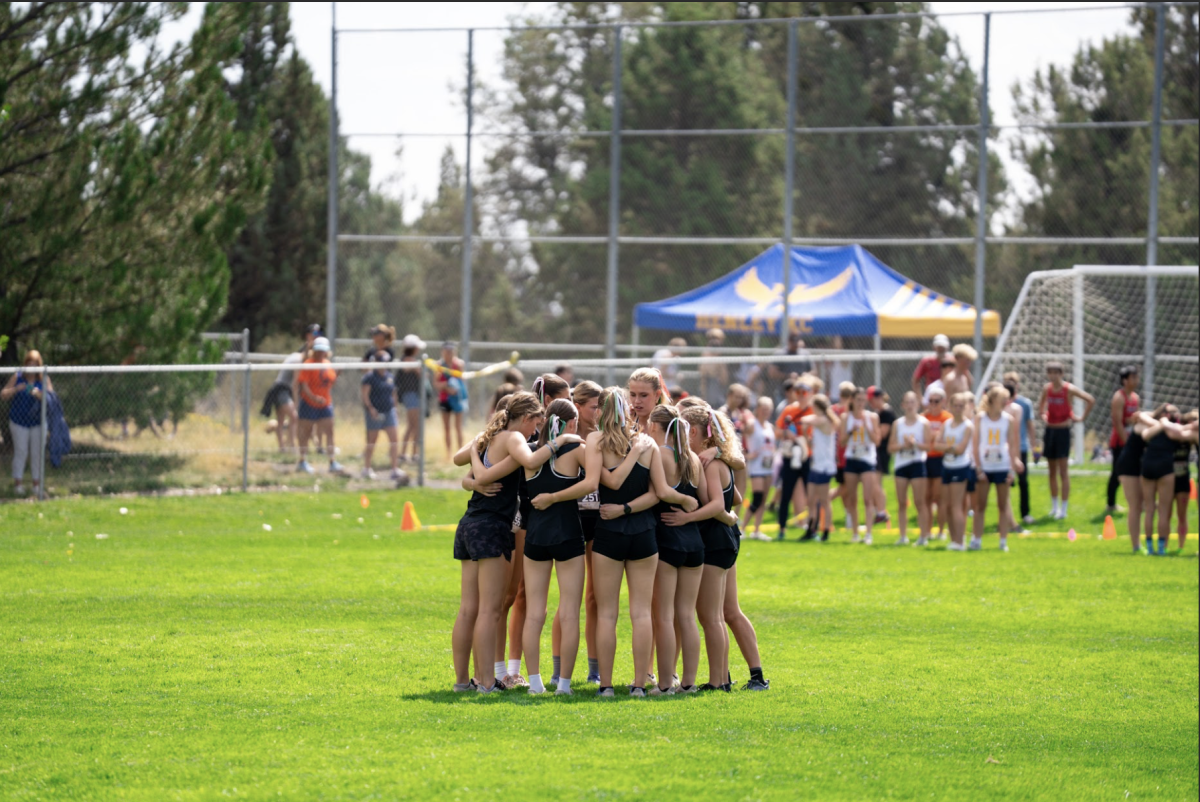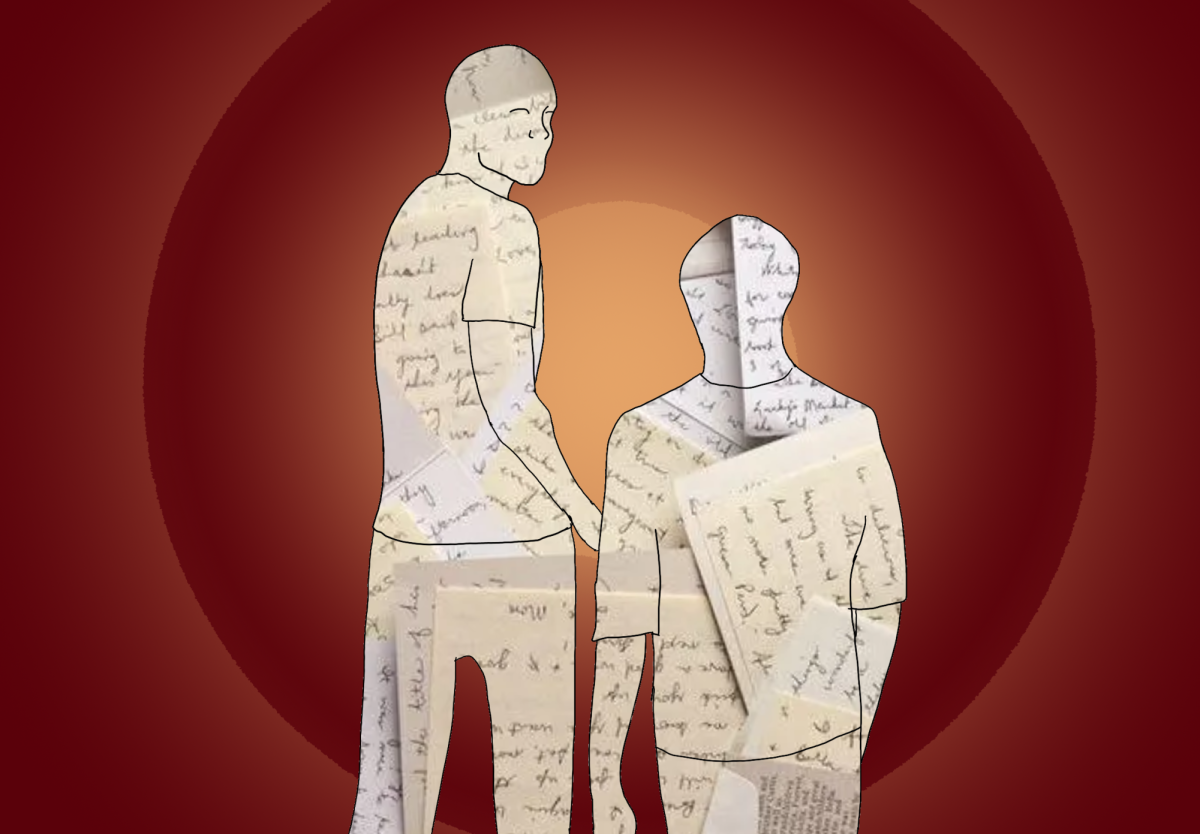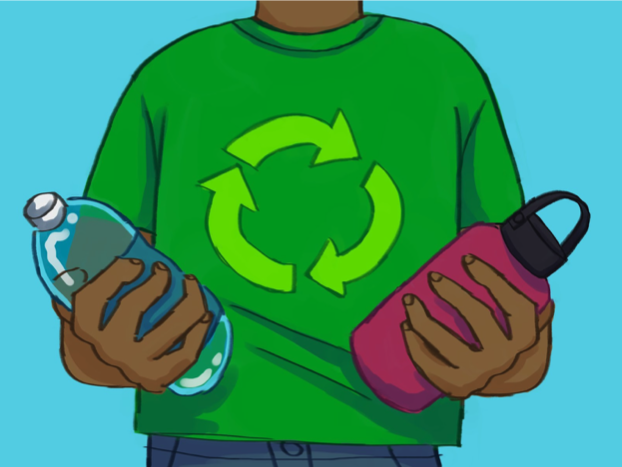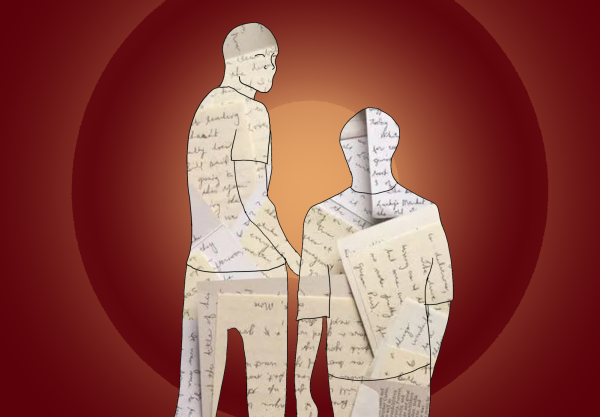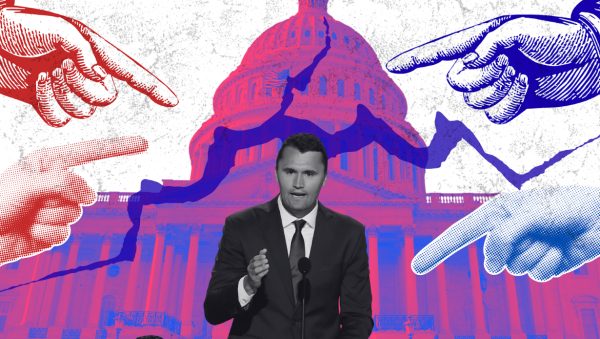The Climate is Changing. So Should We.
How small sustainable habits can encourage big change
In only eight years, we will have lost our chance to reverse climate change.
Yet, this is not new information. For years, the media has lectured us on the dangerous consequences our actions have: don’t eat that burger, forgo the 15-minute shower. But still, the United Nations determined that greenhouse gas emissions rose by 6.2% in the past year. At this rate, we’re running out of second chances.
Not that people seem to care. In fact, according to the US Environmental Protection Agency, the main daily contributors to climate change are clothing production, agriculture, and transportation. Although these are urgent issues, they are often swept under the rug or blatantly ignored.
So why not try to bike to school every day, or avoid buying new clothes? Unfortunately, the solution is not so simple. While many people are aware of their negative practices, shifting to a new lifestyle serves as an unwelcome alternative.
“It’s because of being wealthy: we have an ego associated with being able to do what we want,” said Greig Thompson, a Summit teacher with a Master’s Degree in Atmospheric Science and Oceanography. He believes it is due to the U.S.’s values that we are in this climate crisis, “it’s against the American dream of individualism.”
For those who understand the desperate need to tackle the problem, determining where to start is often a roadblock. After all, what is a 15-year old expected to do, despite how these actions ultimately contribute to the devastating fate we face?
Summit junior Loudyn Hudson feels powerless when it comes to reversing such a large issue.
“All we really can do is try to minimize driving or waste,” Hudson said, “It’s very easy to feel like what you do is just useless.”
Hudson, like many other students, attempts to reduce his carbon footprint by doing what he can: carpooling when possible and using every opportunity to recycle waste. Yet when faced with the impending statistics, it’s easy to feel like any small change wouldn’t make a difference.
But it’s the small changes that spark a positive impact.
“It’s better to have a lot of people doing this imperfectly, than just a very few people doing it perfectly,” said Callie Pfister, one of Summit’s science teachers and the Environmental Club advisor.
“Lots of small decisions that you can make will reduce waste. Any time that you make a choice, like to not to get a coffee because you don’t have your reusable mug, or to not buy something new because you know that you have something else that still works, you are helping,” Pfister continued.
Even eating red meat only once a week will drastically reduce greenhouse gas emissions, an alternative recommended by both Thompson and Pfister. And on top of that, reducing the consumerism aspect of climate change conserves energy, water, and resources, not to mention keeping old belongings out of landfills.
The fashion industry releases over 1.7 billion tons of CO2 every year, according to Scientific American Magazine. To combat this, Pfister suggests finding an alternative to buying from fast-fashion brands, preferring to shop green by purchasing her clothes second-hand.
Thanks to social media apps, second-hand shopping is becoming popularized, and it’s a great trend as it starts to lower the amount of resources used up to satisfy mass amounts of clothing production and distribution.
“I’ll ride my bike [to school] and then I see some students doing it too. It’s awesome,” Thompson said. When it comes to reversing the climate situation, He believes that the best way to encourage change in others is to lead with the same changes.
“Be the change you want to be; be the change that you want to see. Be the example,” said Thompson.

When she isn’t busy catching grammar errors and writing pieces for the Pinnacle, Opinions Editor Lina McDonald can almost certainly be found drinking copious amounts of coffee and wandering around Dudley’s...



